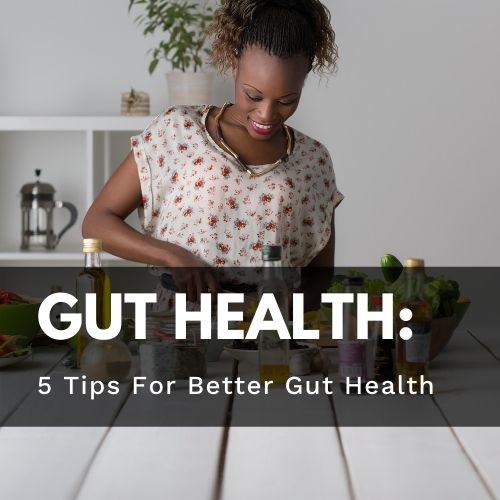Your Cart is Empty
COLLECTIONS:
SPECIAL OFFERS:
LEARN:

What Foods Can Help, or Sabotage, Your Sleep
August 14, 2018 3 min read
Have you ever wondered why you crave the same food group at the same time every day? Or why you find yourself getting hungry at the same time every day?
There is a reason for this, your body needs different types of food throughout the day.
For me (as an athlete and scientist), I start my day with a handful of nuts, dark chocolate, and three eggs over medium, and I end my day with a salty, healthy snack of dried plantains.
"You are what you eat" is not an old wives' tale, it's an element of the biology of sleep! There are many different kinds of foods that can help, or harm, your sleep.
Read on below to learn how you can help your sleep by eating the right foods.

How Food Impacts Your Sleep:
Our bodies are comprised of ticking clocks (you can learn more about your circadian rhythm here). There is an internally ticking clock in our heart, liver, pancreas, muscle, and of course, the brain.
The ‘master’ body clock lies deep in the brain and it coordinates with these body clocks to determine when, and what, we should eat.
Our blood sugar levels fluctuate across the day and are driven by what we eat. Foods that slowly increase our blood sugar levels have a low glycemic index. Sweet potatoes are a great example of a low glycemic food.
Foods that abruptly increase our blood sugar levels have a high glycemic index. Bananas and milk chocolate are examples of high glycemic foods.
At night, having low blood sugar levels is ideal for quality sleep. This is due to the fact that our metabolisms slow by three-fold during sleep.
This means that you should avoid eating high glycemic snacks (like cookies and ice cream) before bed. Eating low glycemic foods before bed help to prevent your sleep from being disrupted by sharp blood sugar spikes - which can suddenly wake you up in the middle of the night!
When we wake in the morning, we need our blood sugar levels to rise (but not too much). Our brains thrive on fats and sugars derived from (healthy) foods. A quality protein- and carbohydrate low on the glycemic index meal does the trick for breakfast.
Time Your Carb Intake
During the afternoon, there is an urge to sleep. I think we've all experienced that sudden energy lull in the mid afternoon.
This is driven by a drop in core body temperature (a natural body process). You can fight this sleepy urge by avoiding high sugar/carb foods (much like you would right before bed).
As the sun sets and our days wind down, it is also time for our blood sugars to settle. A dinner rich in quality protein and carbohydrate low on the glycemic index meal is perfect.
A good example of this would be a dinner consisting of chicken with a sweat potato and salad on the side.
While it's perfectly natural that our reward-seeking brains crave sweet and salty at night, aim for the salty. It will keep your blood sugar levels stabilized so that you focus on sleep for recovery (non-rapid eye movement, NREM sleep) and sleep for learning (rapid eye movement, REM sleep).
The Best Foods To Eat Before Bed
Now that i've told what NOT to eat before bed (high carb foods), you may be asking, "what should I eat before bed?".
Good question!
Below are some of my favorite pre-sleep foods. You can also check out our article on the 10 best sleep foods for more info.

Kale: Science is constantly proving that “we are what we eat.” Prioritizing leafy greens helps to stabilize the body’s blood sugar levels.
Yogurt: Dairy products like yogurt (as well as kiefer) are rich in probiotics, which promote the production of good gut bacteria. A healthy gut is connected to a healthy brain, which results in better sleep (learn more about the gut-brain conection).
Kimchi and Kombucha: Fermented foods are a natural source of prebiotics and probiotics. The process of fermentation favors the production of healthy bacteria. Enjoy a bottle of kombucha as a nightcap or snack on kimchi. Better yet, end your evening with a bottle of blue-green algae kombucha for a double bang for your buck!
***
Take advantage of these tips and start keeping track of your carb intake. Doing this can go along ways towards getting better sleep!
____________________________________________________

Dr. Allison Brager is a neuroscientist specializing in the physiology and genetics of sleep and performance. She is author of Meathead: Unraveling the Athletic Brain, which debunks the myth of the "dumb jock" and serves as a manual for optimizing athletic performance through neuroscience.
Leave a comment
Comments will be approved before showing up.
Also in Utzy's Sleep Blog
Subscribe
Sign up to get the latest on sales, new releases and more …
Join the Utzy Naturals Club!
Sign up and get the latest on sales, new releases, and more...









